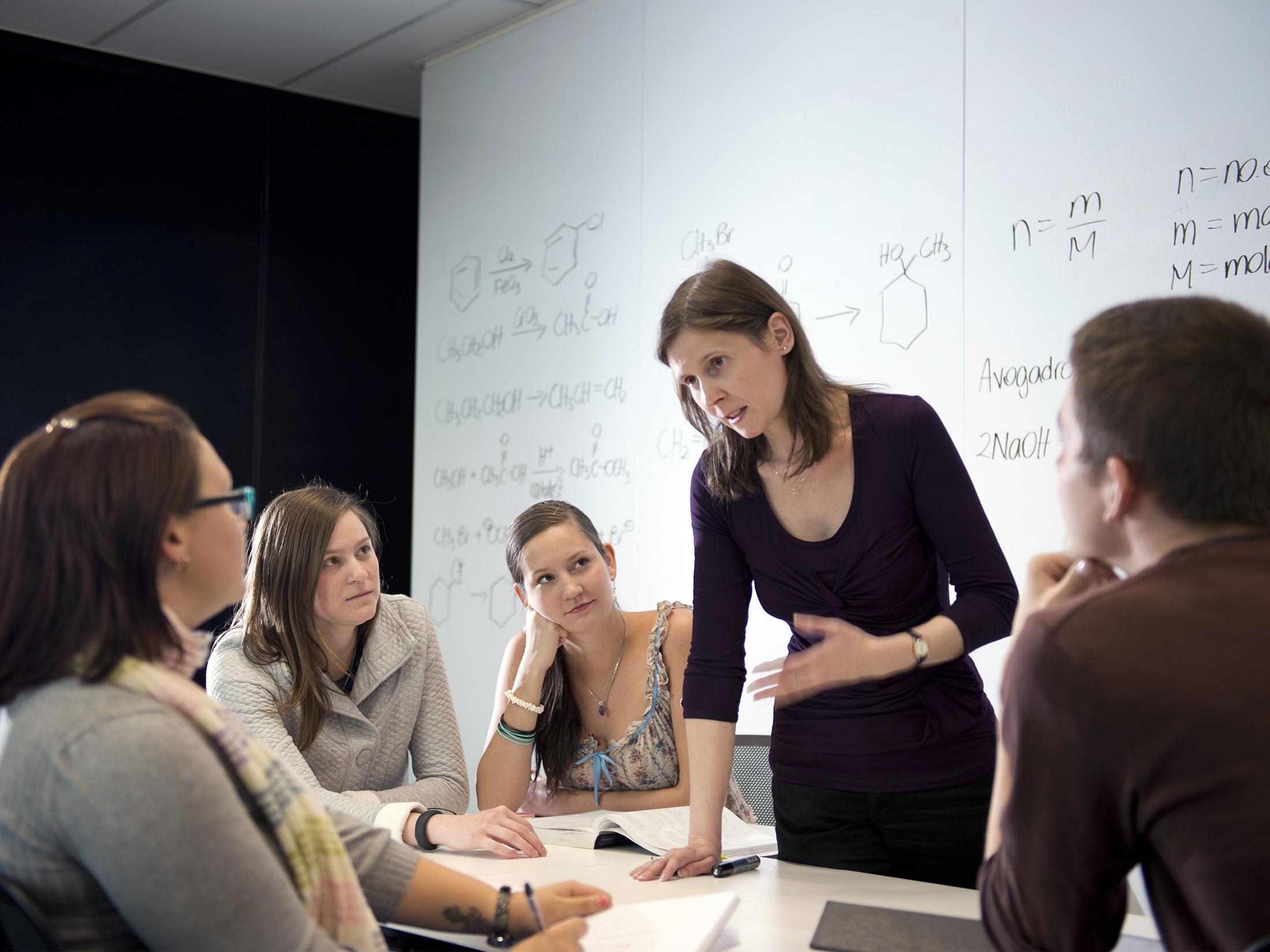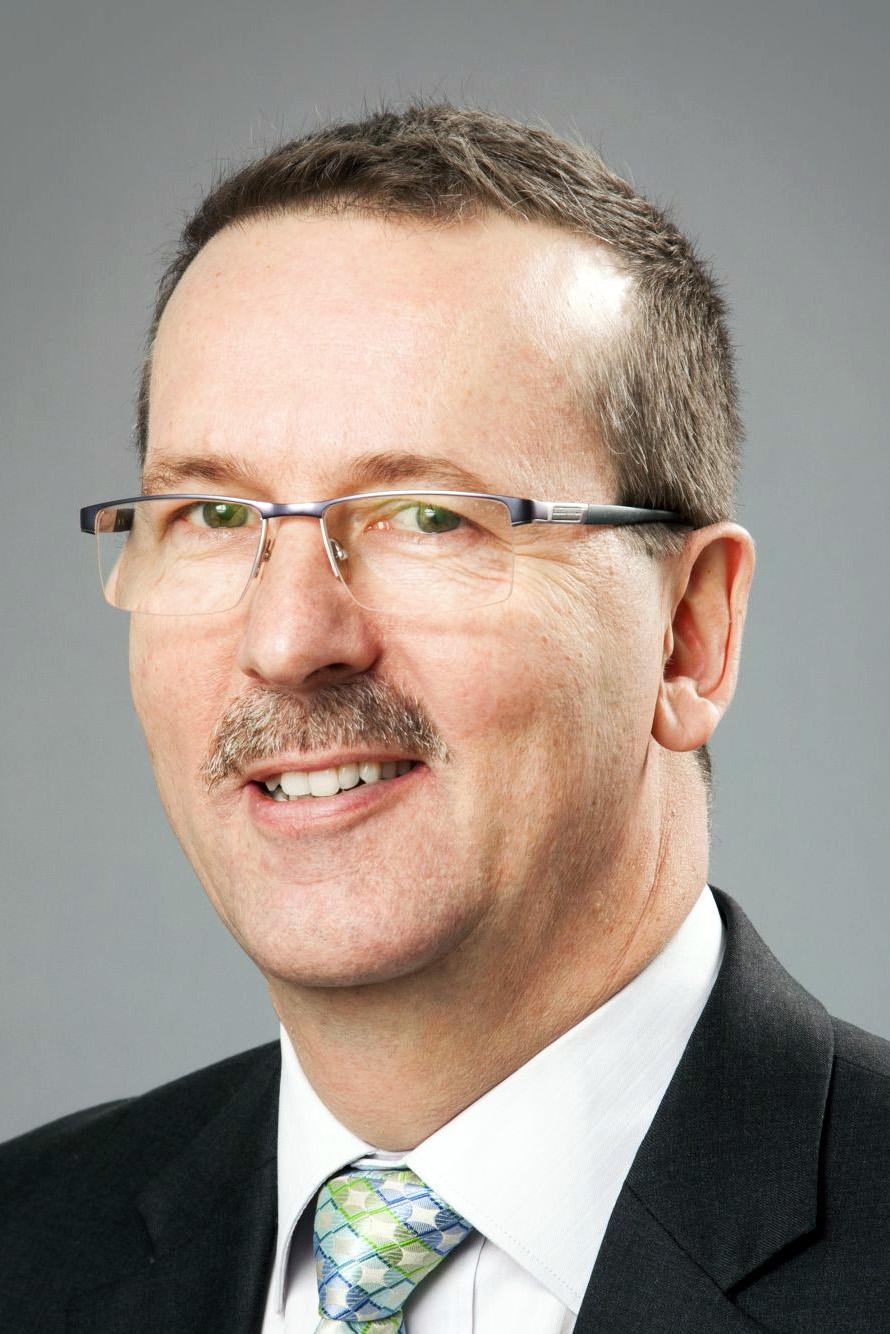How can teachers teach science better?
With the importance of STEM growing rapidly, the government is dedicated to increasing young Australians’ STEM skills.

However, despite this push for STEM, Australia is slipping behind the rest of the world in science and mathematical achievement.1 This is not to say that Australian students aren’t performing well in STEM - it’s Australian science literacy levels which have remained static while other countries’ levels have improved.2
To no one's surprise, the education sector and teachers come under scrutiny as a result. This begs the question: how can teachers teach science better?
Example project
This is a research project being undertaken by a current honours student. If you are interested in undertaking a similar project around the above theme, we encourage you to contact us.
Does teaching of the mathematical concept of ratios inform the teaching of the chemical concept of stoichiometry?
This research will analyse pedagogical content knowledge (PCK) of stoichiometry and PCK of ratio and the intersection of these. It will consequently allow the establishment of how teaching the mathematical concept of ratios informs the teaching of stoichiometry.
This project will look at topic-specific PCK to allow better understanding of STEM education, specifically within stoichiometry, and how well the concept of ratios is incorporated. It is important that, within the area of research in education, theories and ideas are applied to the real world.
An analysis of the research currently available in the space of mathematics and chemistry PCK will potentially allow an understanding of teaching practices. The results of this project may lead down one of two paths:
- there is an intersection of PCK of stoichiometry and PCK of ratios, therefore, further research can be conducted to see how these are implemented in the classroom; or
- there is little to no overlap in the research of PCK of stoichiometry and ratios, thus, there must be an investigation into understanding why this is the case in order to inform future action.
Regardless of which path this project takes; it will provide valuable insight into the prevalence of teaching mathematical concepts within a scientific topic. This can in turn advise further research and recommendations to improve science education.
References
- TIMSS 2015: A First Look at Australia’s Results, Australian Council for Educational Research
- Student performance in science remains static, Australian Curriculum, Assessment and Reporting Authority (ACARA)

Supervisor
Research Area: Science education
Recommended honours enrolment: Honours in Science Education
